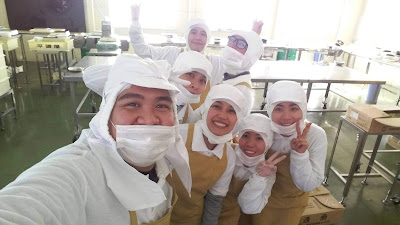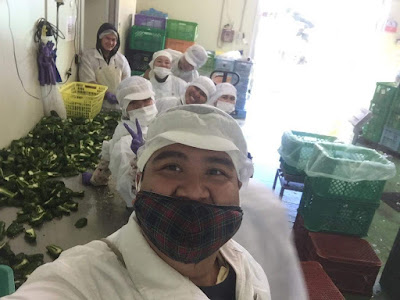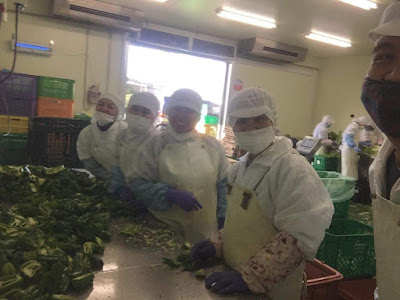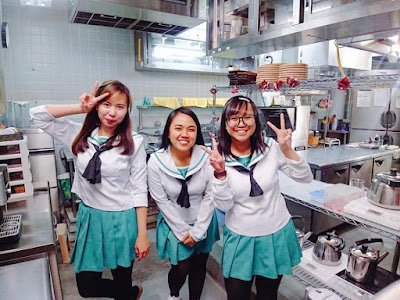Part-time Jobs as a Language Student
On our third day in Japan, we started with our very first part-time job or arubaito(アルバイト).
When you come to Japan to study, you will be allowed to work for 28 hours a week to help with your day to day expenses (rent, utilities, food, etc.) At the time, the hourly rate for part-timers in Ibaraki was 800 yen per hour. One good thing about working as a part-timer in Japan is the fact that everyone is paid the same rate. They don't look at age, gender, or nationality. Across the board, the minimum wage is the same.
Update: As of 2020, the minimum wage in Ibaraki is at 850 yen per hour.
There is a multitude of part-time jobs available all over Japan. But if you come here with practically zero language skills, then your options become limited. Let me show you a few of these arubaito gigs that can be done even when you barely speak Japanese.
Let me tell you our story...
After the school orientation, we were given the rest of the day off. Or so we thought. At around 3pm, (if memory serves) we were told to report to the school's field office. We called this place jimusho(事務所). This is where we would go whenever we needed administrative stuff; work issues, problems with our apartments, payments, or when you accidentally get bit by your neighbor's dog (true story XD), among other things.
So, we were told to go there because they decided what our part-time jobs would be and when we would start work- which was the next day. We were told to buy work boots and hats. Hmmm... what was this job going to be?
The next day.
So we went to school and had our first day of lessons. We were then loaded on to a van to be taken to our very first job. We ate our lunch in the van, en route to our destination.
Farm Work
 |
| Sweet potatoes...as far as the eye can see... |
We were taken to a large field with exposed sweet potatoes for the picking. Digging the crops are done by a machine but the initial sorting is still done by hand and thus we had to go, pair by pair into the field and pick out the big ones first, and then the smaller ones.
Factory Work
 |
| Guess who??? |
This is what factory part-timers usually look like, especially the ones working in the food industry. Uniforms vary depending on the work they do. In this factory, we had to arrange the dried sweet potato in a way that it will look beautiful inside the packaging.
 |
| Nihongo wakaranai! |
 |
| "Why am I always the one holding the camera?" |
 |
| "Aren't we supposed to be working?" |
Some other factories that employ part-time student workers are:
Fish/Seafood processing plants
Bento (boxed lunch) processing plants
Industrial laundromats
Restaurant/Cafe Staff
The saga continues...
When we were transferred from our sweet potato life, we were divided into two groups. Three of us were sent to vegetable processing, the other three were sent to a seafood restaurant.
 |
| Prep time! |
Another entry-level job students can get while studying is in restaurants and cafes. When you can't hold your own in a conversation yet, you will most probably be placed in the kitchen where you will wash dishes all-day-long.
But as you progress with your Japanese language skills, you will slowly, but surely, be introduced to other aspects like taking orders or manning the register.
 |
| And sometimes, you get to wear cute uniforms! |
Hotel Staff
 |
| Do not disturb me! |





ReplyDeleteGreat blog with good information.
Benefits of Learning Japanese
Advantages of Learning Japanese